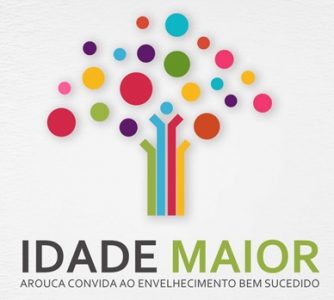Committed To Becoming More Age-Friendly
Arouca Portugal
The project “Idade Maior” aggregates a set of subprojects and activities with the goal of fostering social and civic participation and the transmission of intergenerational knowledge, thus contributing to active and successful ageing and valuing the older person, easing geographic and social isolation, loneliness and social exclusion.
The following actions are part this project:
- “Projeto Mais” – mobile service for small home reparations;
- “Teleassistência” – telephone service created to provide assistance to older adults living alone or in a vulnerable situation, enabling a response to emergency situations of health, safety or loneliness, by triggering the mechanisms and entities responsible for solving the problem at stake;
- “Estaleiro Social” – space for the collection of goods and services for re-use by citizens;
- “Escolas de Mestres” – sharing knowledge with the community regarding traditional crafts;
- “Compassos” – dance and music classes and a walking group;
- Cultural and leisure visits: monthly programs;
- Awareness-raising and information actions: training and education sessions on relevant topics;
- Senior volunteering;
- Activities of a playful nature: psychomotor stimulus;
- “Há baile na aldeia” – afternoons of dance and conviviality;
- “Senior.com”: IT sessions promoted by a group of young students, promoting the conviviality and sharing of knowledge between generations;
- Project “Voz amiga”: solidarity tool among younger people, and students from Arouca Secondary School and older adults living alone and isolated
- Sports activities: Boccia, Senior Olympics
- “Fórum sénior”: space for discussion and active listening of older adults from the different parishes;
- Commemoration of the Day of the Elderly;
- Specific programmes in the local media targeted at this population in order to facilitate access to information;
- Municipal social tariffs for people in a situation of social vulnerability;
- “Saúde em movimento”: transport of non-urgent patients, for medical appointments, treatments and/or complementary diagnostic tests, in a situation of need;
- Social Charter – guiding document of the social responses in the territory;
- UCC- Caregiver office support


